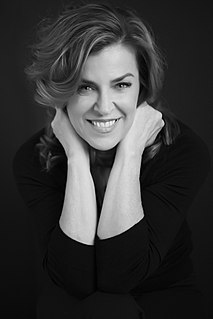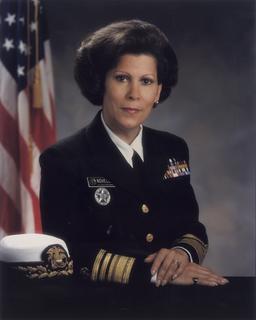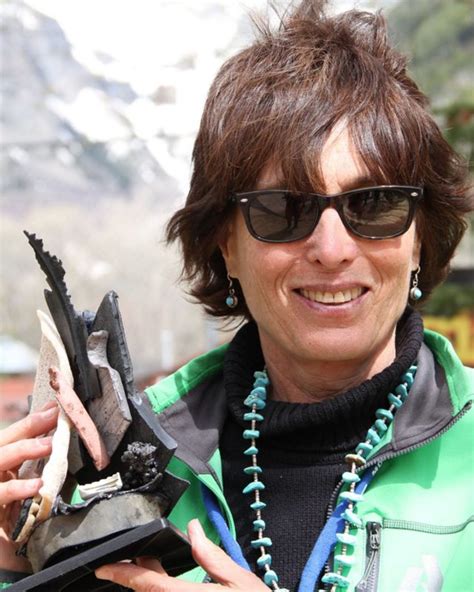A Quote by Ben Domenech
Whether that's questioning the dominant opinion of the day, the conventional wisdom of the day, or whether it's questioning the policies that come out of Washington, or out of our government, generally, I think media's job is to look at it and say, "What's really going on here? What's the story behind what you see?"
Related Quotes
Every story has a point of view and whether it's by what one chooses to include or exclude from a story or whether it's a very specific agenda that is pushed, there is no such thing as objective media. Once you realize that it's more than just a marketplace of ideas, it's a battleground of ideas that are suppressed and the ideas that are pushed forward in the mainstream media are the ones that independent media has a chance to address. I think that the democratization of media in that way can be very helpful in allowing the truth to come out in a way that it might not on CNN or FOX.
I would say that deconstruction is affirmation rather than questioning, in a sense which is not positive: I would distinguish between the positive, or positions, and affirmations. I think that deconstruction is affirmative rather than questioning: this affirmation goes through some radical questioning, but it is not questioning in the field of analysis.
I say to people that it's a choice that we make every day in our lives. Doesn't matter what you're going through. You don't have to be going through what I went through. But it's whether you decide to get up or stay down, whether you say 'yes' or whether you say 'no' to life. Basically, I decided to say, 'Yes.'
If you have to become a filmmaker, find a story that takes you away, and tell that story. Don't think about whether it's going to sell, or whether it's going to make money, or whether it's going to appeal to distributors. Do something from the heart that really matters, and then you'll do something good.
If you had a job, and every day you're going back home and telling all your friends how horrible your job is and how horrible your employer is, after a while, they're going to start believing you. And then at some point, they're going to start questioning you and say, 'Why, if it's so bad, are you doing it?'
The most important part of the practice is for the question to remain alive and for your whole body and mind to become a question. In Zen they say that you have to ask with the pores of your skin and the marrow of your bones. A Zen saying points out: Great questioning, great awakening; little questioning, little awakening; no questioning, no awakening.






































